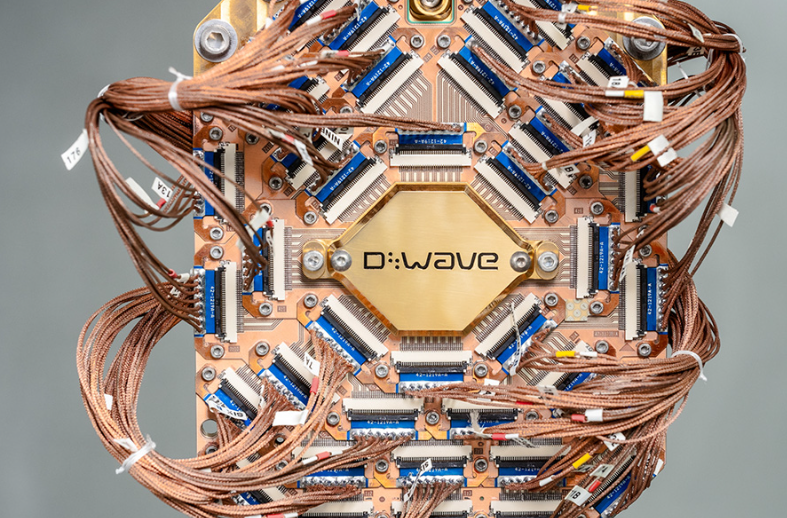On a very small scale, quantum computing, in the form of quantum annealing, is already in limited commercial and research use. D-Wave, a Canadian public company listed on NASDAQ, has deployed quantum annealing systems in multiple sites, D-Wave has recently added their own clouding computing service for these systems.
Quantum annealing is used to solve optimization problems, which are commercially important. D-Wave has also claimed quantum supremacy (meaning it can solve certain computing problems which classical computers cannot solve in practical time limits, or at all) for a limited number of problems, though there's still controversy about the efficacy of the results.
D-Wave claims to have achieved 'quantum supremacy' at last, but others disagree - SiliconANGLE

siliconangle.com
Personally, I think the industry is being overly optimistic about when practical commercial quantum computers will be available for more general purpose problems, but I'm not a quantum computing expert by any means. QC still seems to be a field where it takes deep knowledge of physics to really understand the practicality of an implementation, so I tend to discount any analysis not written by a PhD physicist with a research background in the field.

